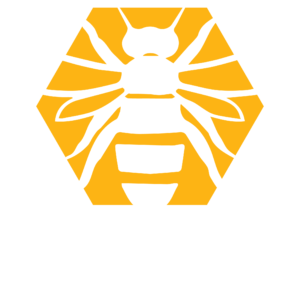Varroa Mite Update – 30th June, 2022
By now, all registered beekeepers in the state should have received an email from Ag Vic (DJPR) regarding the Varroa mite detection in NSW.
We have been in close contact with the department and would like to help inform beekeepers as much as possible about the situation. At this time (30/06/2022), there has been NO DETECTION of Varroa mite in VICTORIA.
Advice from DJPR is to know the correct procedure for drone uncapping, sugar shake test and alcohol wash test and perform these tests as requested from DJPR.
Videos and Fact Sheets can be found on the BeeAware Website. https://beeaware.org.au/archive-pest/varroa-mites/
This is a very stressful time for all beekeepers in the country.
We ask that clubs allocate some time in their next meetings to show members the correct procedures for the 3 tests listed above.
In addition to the DJPR advice, the VRBA has created a website for beekeepers and the public to submit information to the DJPR about the locations of wild (feral)/unmanaged hives in tree hollows, possum boxes, building cavities/roofs, disused buildings, etc.
We ask that beekeepers share this link with friends and family members to be able to help DJPR know the location of additional hives that are not managed by registered beekeepers.
For more information regarding the Varroa incursion of NSW, please visit DPI NSW.
https://www.dpi.nsw.gov.au/biosecurity/seasonal-pests-and-diseases/spring/varroa-mite
Let’s work together as a community to help prepare Victoria best we can. Preparation is the key for a hopeful future.
What we’re about
After the successful first Victorian Recreational Clubs Conference in 2018, the Association was formed and has been tirelessly working to create, what we believe to be, the start of something great for clubs and beekeepers alike.
The VRBA was formed in response to:
-
The changing face of beekeeping and increasing demand from recreational, sideline and part-time beekeepers to be able to access high quality, flexible and professional education opportunities;
- Recognition of the challenges facing beekeepers responding to the needs of recreational, sideline and part-time beekeepers;
-
Recreational beekeepers needing to be better represented in the community and at a Government level.

